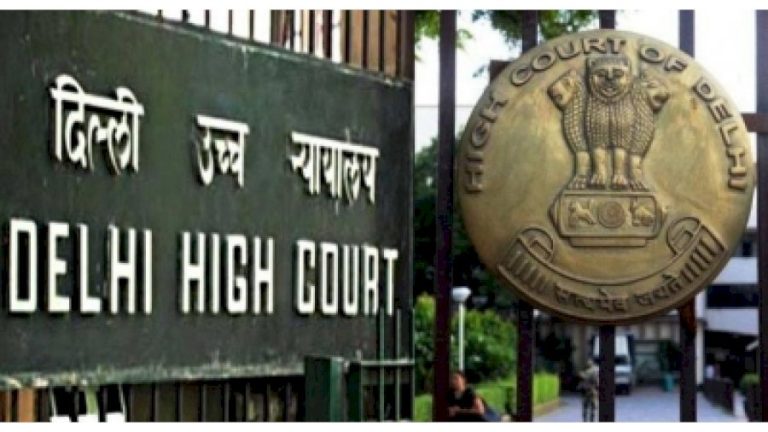Delhi High Court, in Satya Pal Singh vs. Union of India (W.P.(C) 7892/2023),on August 8, 2025, examined the validity of compulsory retirement imposed on an employee convicted for dowry harassment. The issue before the Court was whether such a severe departmental penalty was justified, given the circumstances of the conviction. The Court noted that although the trial court had convicted the employee, the appellate authority had extended the benefit of the Probation of Offenders Act, 1958, which effectively barred disqualifications arising from the conviction. The Court observed that while the conviction stood, its adverse legal consequences were neutralised to facilitate the employee’s reintegration into society. Imposing compulsory retirement in such a context, the Court held, amounted to a disproportionate and excessive penalty. The Court further highlighted inconsistency by noting that a similarly placed co-employee convicted of the same offence had been retained in service. Consequently, the Court directed the reinstatement of the employee with notional seniority and service benefits from the date of compulsory retirement, clarifying, however, that he would not be entitled to any back wages or allowances for the intervening period.
Stay connected with us on social media platforms for instant updates click here to join our LinkedIn, Twitter & Facebook










